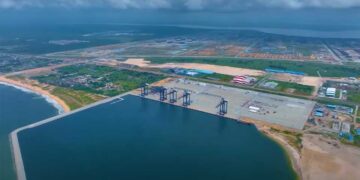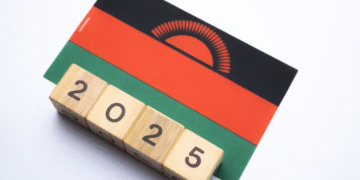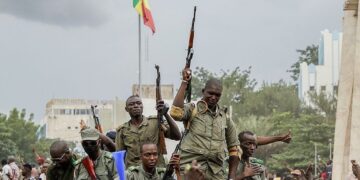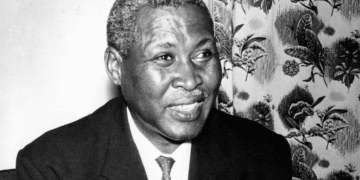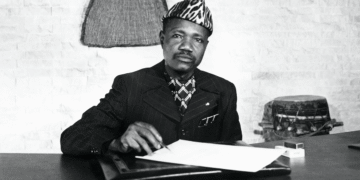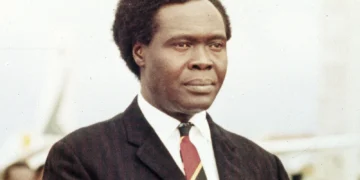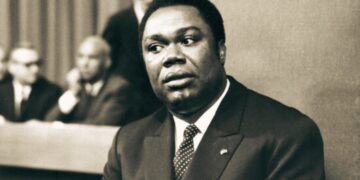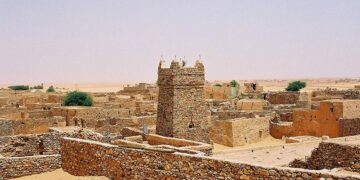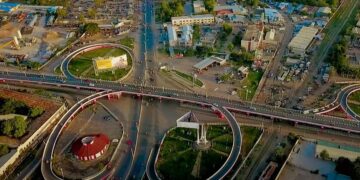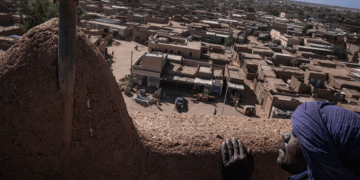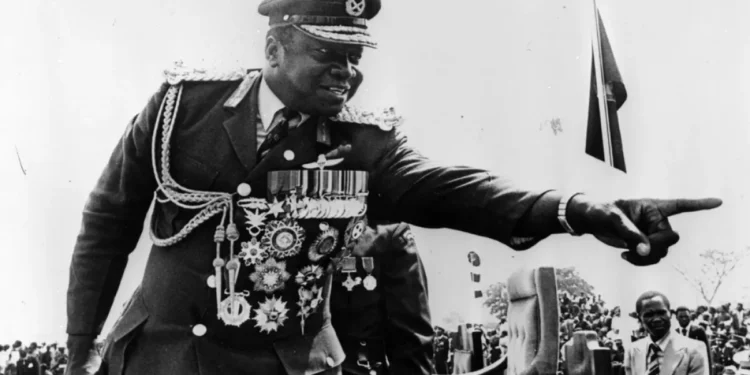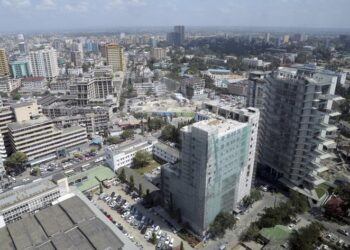Idi Amin Dada represents a pivotal and violent figure in the history of Uganda. His rule, from 1971 to 1979, was marked by radical political and economic transformation, widespread political repression, and unprecedented international confrontations.
Idi Amin was born in Nakasero, Kampala, Uganda, around 1928, belonging to the Kakwa ethnic group of northwestern Uganda. His formal education was limited, but his strong physique suited him for military service.
In 1946, Amin joined the King’s African Rifles (KAR), the British colonial military unit in East Africa. He served in several locations, including Kenya (during the Mau Mau uprising) and Somalia. Amin rose through the ranks of the colonial army to become one of only two Africans to hold the rank of warrant officer before Uganda’s independence. His military career during the colonial era was characterized by physical discipline and rapid advancement, which gave him early influence within the military establishment after independence.
After Uganda gained independence in 1962, Amin was quickly promoted by then-Prime Minister Milton Obote, who saw him as a reliable military ally. Amin continued his ascent to become commander of the army.
In the late 1960s, relations between President Milton Obote and Idi Amin became severely strained. Obote suspected Amin of involvement in smuggling gold and ivory from Congo, while Amin, in turn, worried about Obote’s plans to investigate and arrest him. Another report believes he became aware that Obote was planning to arrest him for misappropriating army funds.
In January 1971, while Obote was attending the Commonwealth Summit in Singapore, Amin staged a successful military coup and seized power. He declared himself president of Uganda and commander-in-chief of the armed forces.
Initially, the coup was welcomed by some Ugandans, who had grown weary of the increasing authoritarianism of Obote’s regime and its military and political leaders, who saw Amin as a force capable of restoring stability. His most radical decision was his declaration of “economic war” in 1972. The stated aim of this policy was to “return the economy to native Ugandans,” which included the order to expel all Asians (mostly of Indian and Pakistani origin), who owned a significant portion of Uganda’s trade and industry. Amin gave the Asians (estimated at 80,000) only 90 days to leave the country, ignoring international protests.
The expulsion had disastrous consequences for Uganda’s economy. Although Amin succeeded in confiscating Asian businesses and properties and distributing them to Ugandans loyal to him and his military regime, these new beneficiaries lacked the managerial or technical expertise to run complex businesses. This lack of experience, coupled with the flight of capital and technical expertise, led to the immediate and complete collapse of the industrial and commercial sectors. Major exports, such as coffee and tea, have ceased. There was also widespread inflation and severe shortages of basic commodities.
Idi Amin’s rule was also marked by accusations of systematic human rights abuses and widespread political purges. He was accused of relying on a special military unit, the State Research Bureau (SRB), as the primary instrument of repression. He initially targeted officers loyal to Obote and certain ethnic groups who had formed a significant part of the old army. The regime later broadened the scope of repression to include intellectuals, journalists, judges, church leaders, and anyone suspected of opposing the regime.
Amin dissolved the legislature and marginalized the judiciary, ruling the country by direct military decrees. His foreign relations were characterized by volatility, as his rule began with cordial relations with Western powers and Israel, but he quickly turned against them. He expelled Israeli advisors and turned towards Libya and the Soviet Union. Libya (under Gaddafi) and the Soviet Union provided significant financial and military support to Amin’s regime, especially after relations with the West deteriorated following the expulsion of Asians.
In late 1978, Amin ordered the invasion of the Kagera region of Tanzania, claiming the region belonged to Uganda. Tanzania (under President Julius Nyerere), which was hosting Ugandan exiles (including Milton Obote), launched a large-scale counteroffensive. The Uganda National Liberation Front (UNLF), a coalition of Ugandan rebel groups, was formed and joined forces with the Tanzanian People’s Army (TPDF).
Tanzanian forces and their Ugandan allies advanced relatively quickly. Despite support from Libya and a small contingent of Palestinian troops, Amin’s army was disorganized and lacked fighting spirit.
On April 11, 1979, the capital, Kampala, fell. Idi Amin fled into exile. He first went to Libya, then settled in Saudi Arabia, where he lived for most of his time in Jeddah, largely avoiding the public eye. He was never able to return to Uganda, despite his repeated statements expressing a desire to do so.
In July 2003, he was transferred to King Faisal Specialist Hospital in Jeddah, where he fell into a coma. He died on August 16, 2003, and was buried in a Jeddah cemetery.
Idi Amin’s Quotes:
“I am not a politician but a professional soldier. I am, therefore, a man of few words and I have been brief through my professional career.“
“If we knew the meaning to everything that is happening to us, then there would be no meaning.”
“Sometimes people mistake the way I talk for what I am thinking. I never had any formal education—not even nursery school certificate. But, sometimes I know more than Ph.D.’s because as a military man I know how to act, I am a man of action.“














